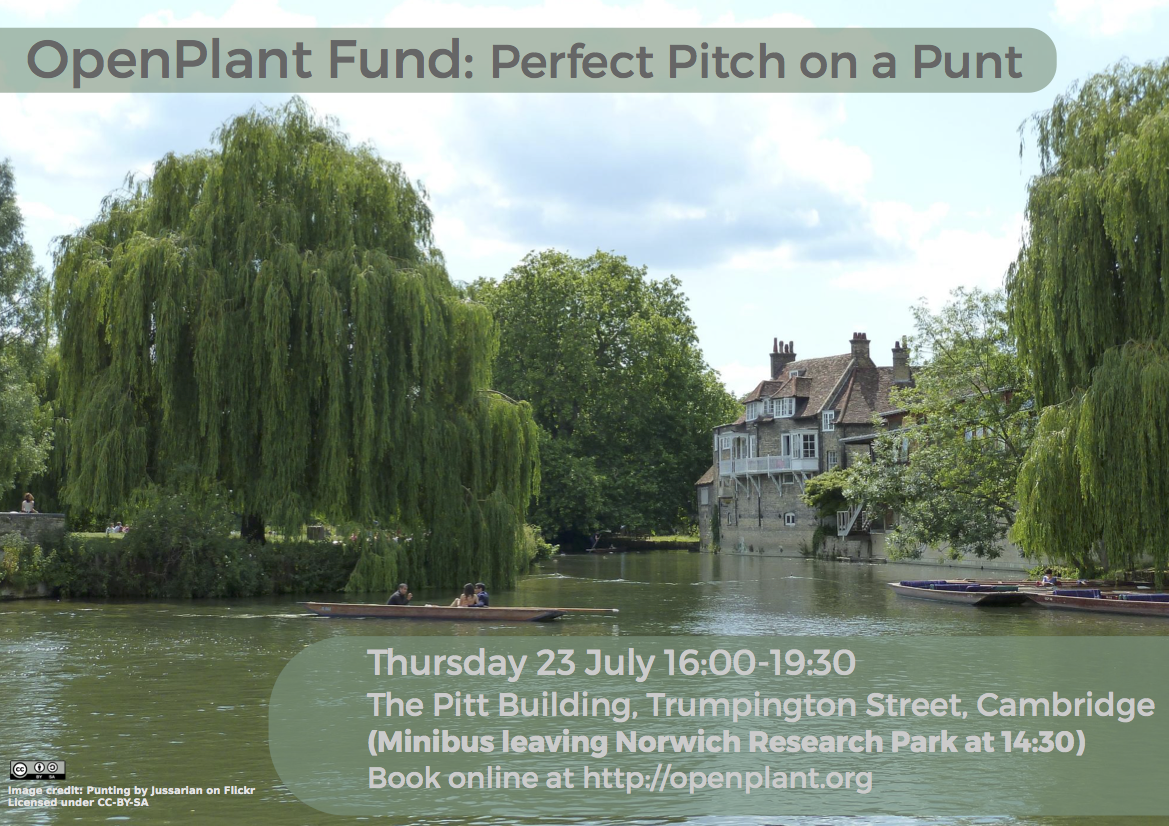As part of its innovation development programme, SynbiCITE, is pleased to offer all its partners the opportunity to participate in the Lean Launchpad for Synthetic Biology. You can now take part in this unique programme that has helped numerous would-be entrepreneurs translate research ideas into successful products and services.
Translating research from the laboratory to the market place – takes more than just improving technology. It requires a parallel track of optimizing the other parts of the business that are essential for turning an idea into a profitable company.
The Lean LaunchPad for Synthetic Biology does this by helping teams rapidly:
· Define the utility of the idea before committing resources to develop it.
· Understand who their core and tertiary customers are, and the sales and marketing process required for initial sales and downstream commercialisation.
· Assess intellectual property and regulatory risk early in the process.
· Know what data will be required by future partnerships/collaborations/purchases before doing the science.
· Identify the financing vehicles before you need them.
The Lean Launchpad for Synthetic Biology is based on the Lean Launchpad programme, developed by Steve Blank in Silicon Valley. This program has been taught at Stanford, Berkley, Columbia and Caltech, and is being adopted by US NSF as part of its i-Corps curriculum. The programme was run earlier this year at Imperial College and was highly successful launching new companies and products, and teaching entrepreneurship.
The Lean Launchpad for Synthetic Biology is a ten-week long programme for 3-person teams interested in commercialising research. The programme starts on September 15 with a 3-day kickoff, and followed by nine weekly meetings, and a 2-day wrap up session on November 23-24. You will need to commit to 20 hours per week in addition to class time for this programme to be successful. The course content includes Customer Discovery and Development methods, the Business Model Canvas and topics specific to the commercialisation of synthetic biology. The goal of the programme, within the constraints of a classroom and a limited amount of time, is to create the entrepreneurial experience of an early stage start-up. Supporting each team will be a mentor, an entrepreneur or executive with deep business experience, to provide guidance.
The course will be led by Professor Jerry Engel, the Director of the NSF i-Corp programme and
Founding Executive Director Emeritus, Lester Center for Entrepreneurship at UC Berkley’s Haas School of Business. He also has over 20 years experience and success in high technology entrepreneurship and venture capital. The teaching faculty will include entrepreneurs and investors who have successfully translated scientific research into commercial products and services.
If you have an idea you want to exploit, identify its commercial potential, discover customers, collaborators and investors to realise your dreams this is the programme is for you.
Entrance is very limited. Applicants apply as teams, not individuals. The teams are required to tell us about themselves using the “Team Information” template. They also must submit a completed Business Model Canvas using the “Business Model Information” template based on a minimum of 5 interviews. Those who are interested fill in the “Lean LaunchPad Application” form, which is available from Jenny (jcm80@cam.ac.uk).
We strongly encourage you to apply ASAP.
If you would like more information or arrange a visit to discuss the programme please contact: stephen.chambers@synbicite.com

![[Closes 24 Nov 2107] Apply now to the OpenPlant Fund!](https://images.squarespace-cdn.com/content/v1/54a6bdb7e4b08424e69c93a1/1509564315902-TUO4I6QRWI9TT8UGSIAJ/OpenPlantTwitter_400x400+%281%29.jpg)

![[Closes 7 Mar 2017] OpenPlant Research Associate (Haseloff Lab)](https://images.squarespace-cdn.com/content/v1/54a6bdb7e4b08424e69c93a1/1486552818859-FH76MCA8SMFU93WB85RX/OpenPlantTwitter_400x400.jpg)



